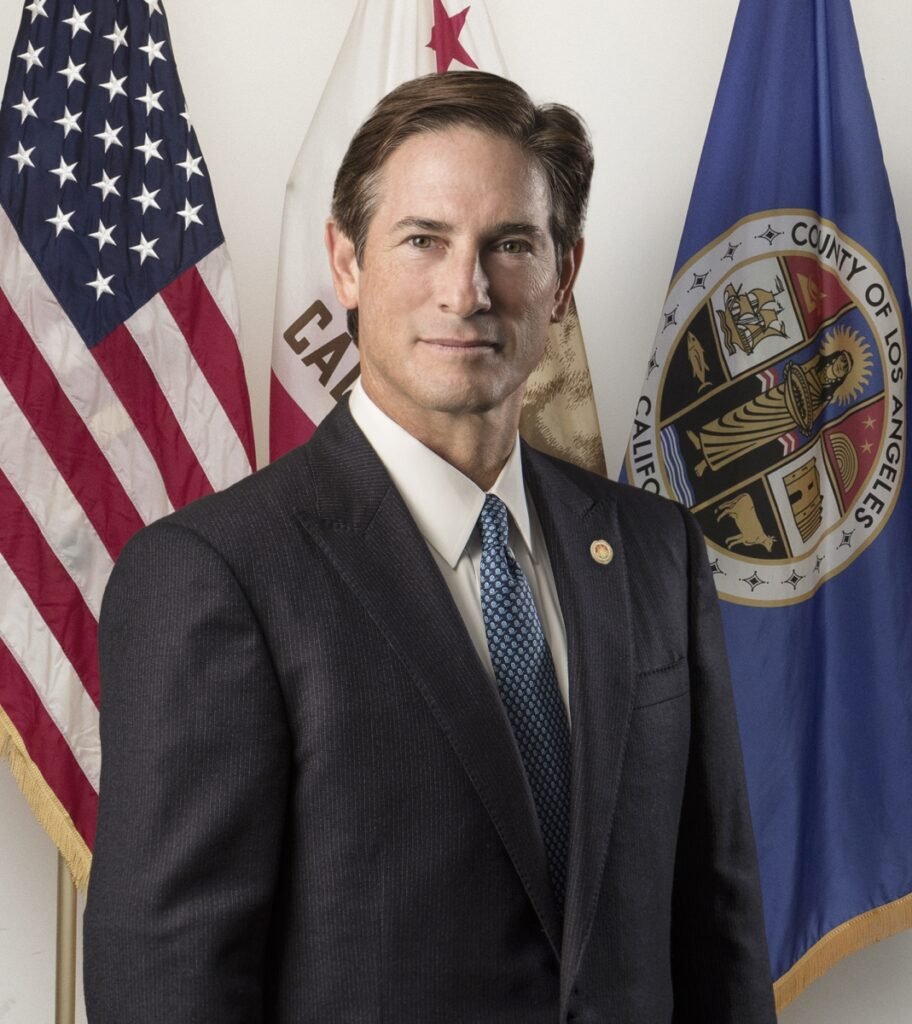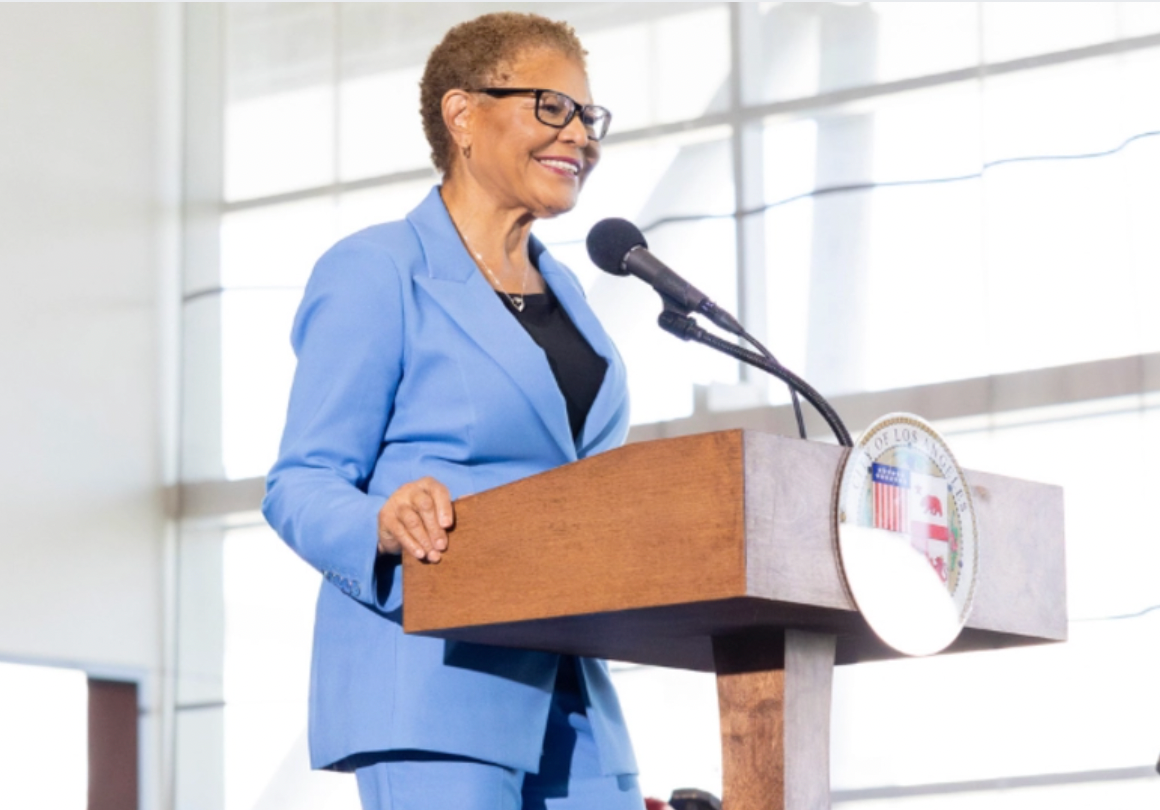LOS ANGELES — Los Angeles County District Attorney Nathan Hochman has indicated a dramatic shift in policy by announcing that his office may once again pursue the death penalty in particularly egregious criminal cases — a stark reversal from the approach taken by his predecessor, George Gascón.
Hochman, who took office in 2024 after a heated campaign that emphasized public safety and accountability, said in recent remarks that his office is actively re-evaluating the use of capital punishment for crimes deemed “heinous beyond rehabilitation,” including the ambush killing of law enforcement officers and mass murders.
“Justice must reflect the severity of the crime,” Hochman stated. “For the most brutal and cold-blooded acts, the death penalty should remain an available tool — not off-limits because of political ideology.”
End of a Progressive Moratorium
Hochman’s stance stands in direct contrast to former DA George Gascón, who issued a blanket policy against seeking the death penalty during his tenure, arguing it was racially biased, financially burdensome, and morally indefensible. Gascón’s moratorium followed the broader state-level pause on executions enacted by Governor Gavin Newsom in 2019, which remains in effect.
Despite this moratorium, Hochman emphasized that the filing of death penalty charges remains legally permissible under California law, even if executions are suspended indefinitely.
“We can’t wait for the political climate to shift before we act. Prosecutors must enforce the law as written,” Hochman said.
Cases Under Review
Sources within the DA’s office confirm that several high-profile murder cases are being reviewed for capital prosecution, including:
The 2023 ambush killing of Deputy Ryan Clinkunbroomer, whose death shook law enforcement across the state.
A 2024 triple homicide in South Los Angeles involving torture and the killing of minors.
Ongoing investigations into mass shootings and serial killings where aggravating circumstances may warrant capital charges.
Controversy and Political Tension
Hochman’s announcement has already stirred sharp backlash from progressive criminal justice advocates, many of whom argue that the death penalty is antiquated, inconsistently applied, and disproportionately used against poor and minority defendants.
“This is a step backward,” said the California Coalition for Alternatives to the Death Penalty. “It’s morally wrong, and it diverts resources away from solutions that actually improve community safety.”
Others see the move as politically calculated, aligning with a growing public sentiment favoring tougher consequences for violent crime amid rising concerns in urban areas. Polls show mixed support for the death penalty in California — while a majority still supports it in theory, many oppose actual executions due to systemic concerns.
Legal and Structural Obstacles
Several key elements complicate Hochman’s push:
Governor Newsom’s moratorium on executions remains intact. While prosecutors can seek death sentences, no executions can occur while the moratorium is in place — unless lifted by executive action or overturned by voters.
Legal costs and delays: Death penalty cases in California take years — often decades — to resolve due to appeals, mental competency hearings, and judicial reviews. Each case can cost taxpayers millions of dollars more than life imprisonment without parole.
Prison overcrowding and logistical issues: California’s death row at San Quentin was recently dismantled and repurposed under reforms that sought to merge condemned inmates into the general prison population.
Moral and ethical debates: Mental health, wrongful convictions, and racial disparities continue to fuel calls for permanent abolition of capital punishment in the state.
What’s Next?
If Hochman formally files capital charges in any pending cases, it will mark the first time since 2020 that Los Angeles County has done so. Legal observers say this could open a floodgate of litigation and appeals that will test both the judiciary and the political resolve of state leadership.
For now, the proposal underscores a growing divide in California politics — between progressive reformers seeking to reimagine the criminal justice system, and a new wave of officials like Hochman, calling for a return to traditional punitive measures in response to violent crime.
Whether Hochman’s stance signals a broader shift in California’s legal climate — or ignites a backlash that galvanizes abolitionists — remains to be seen.















